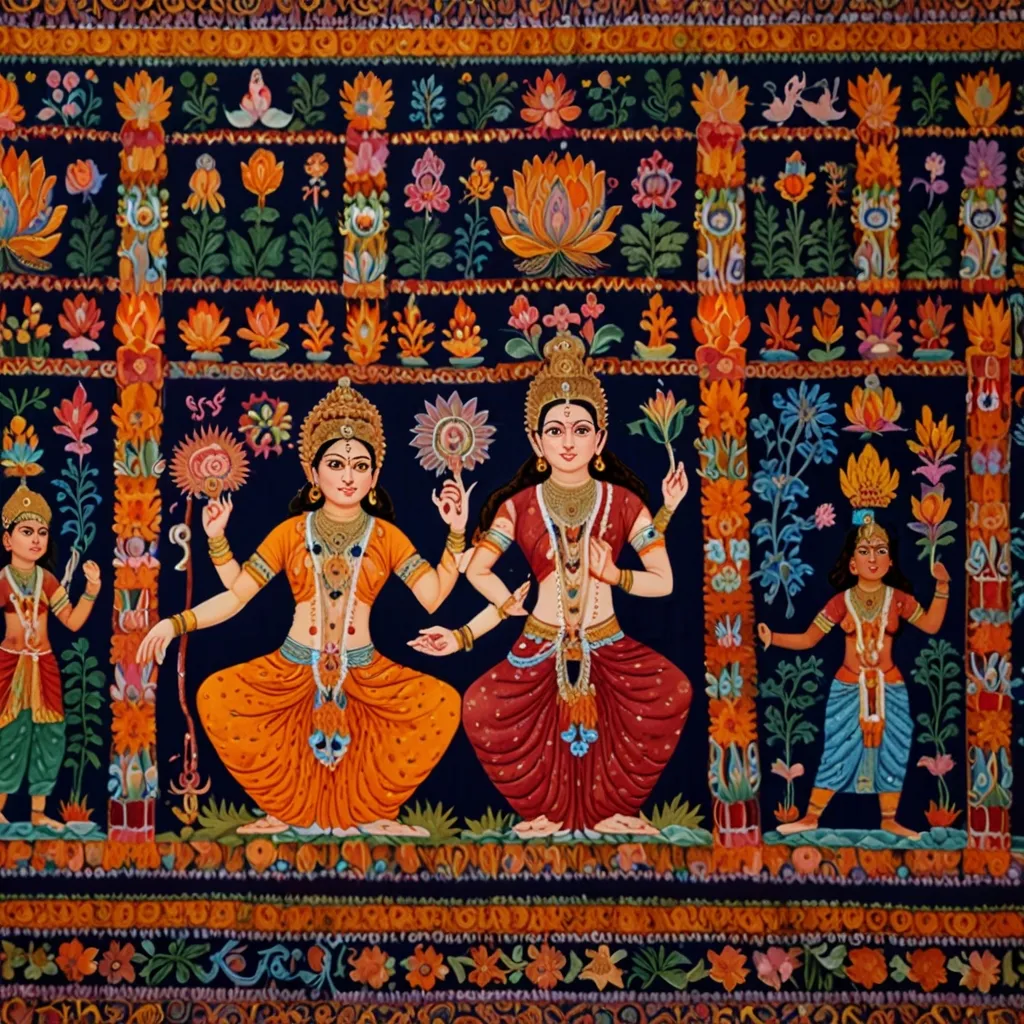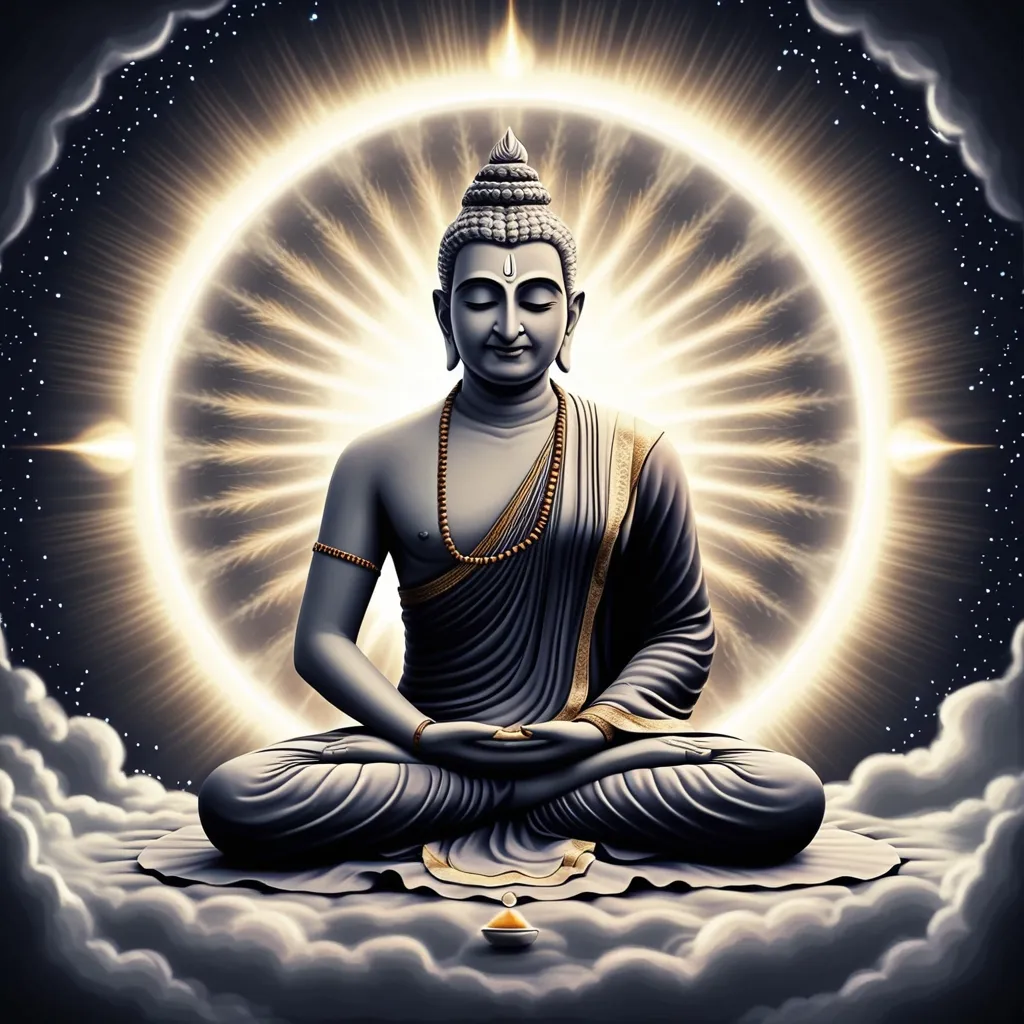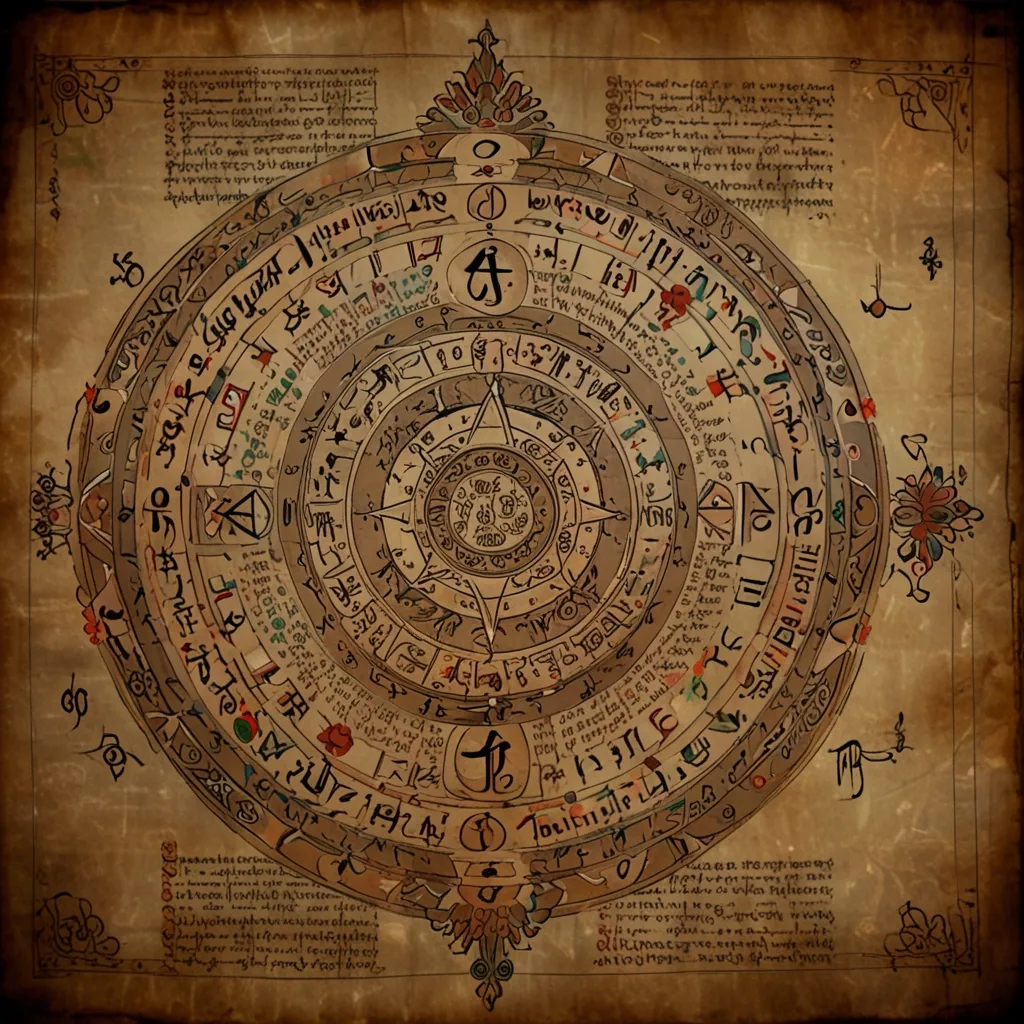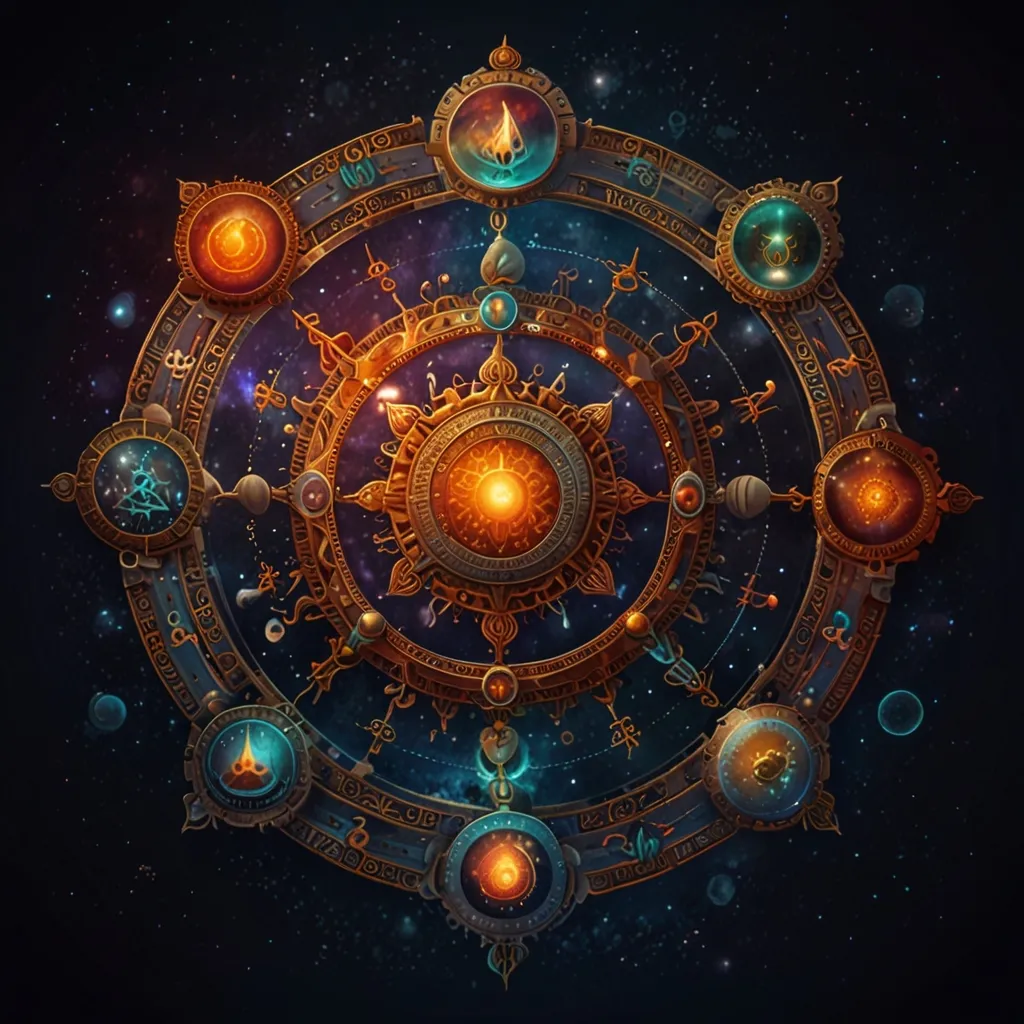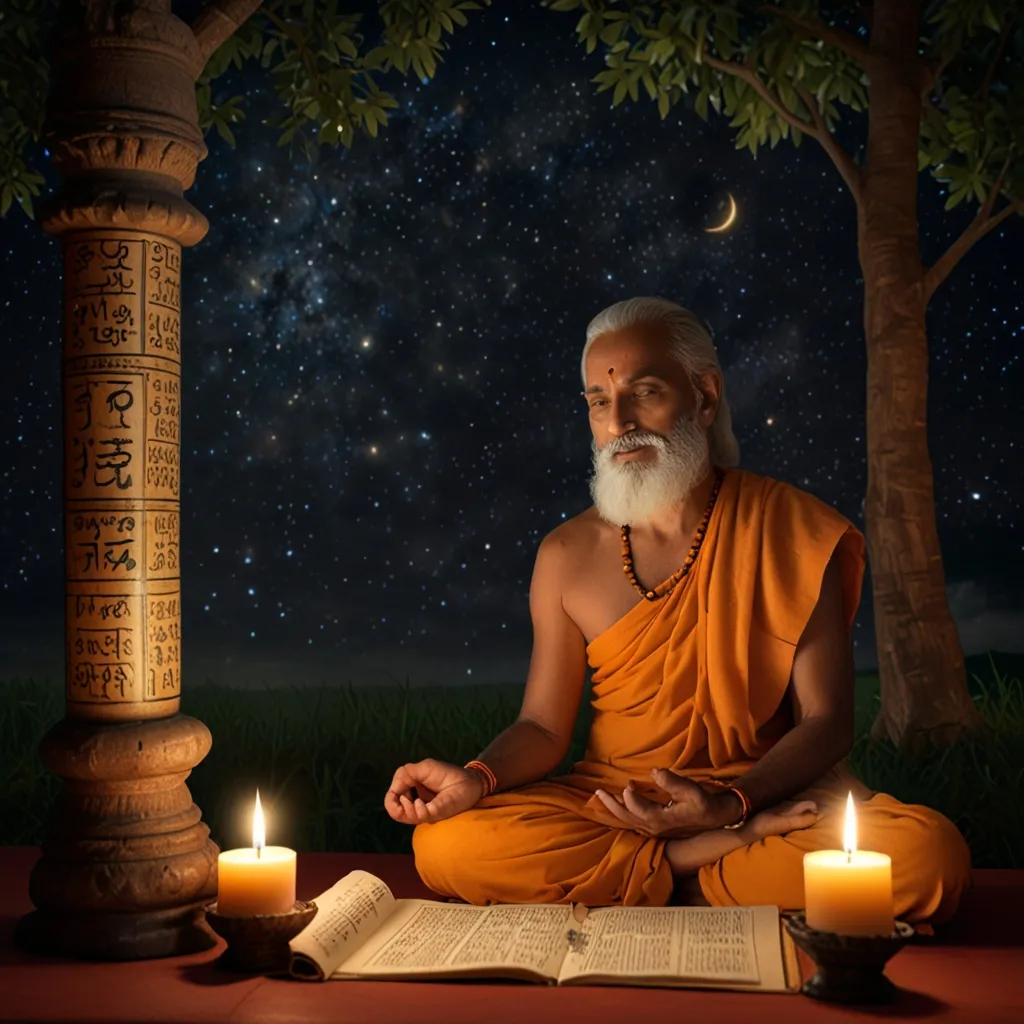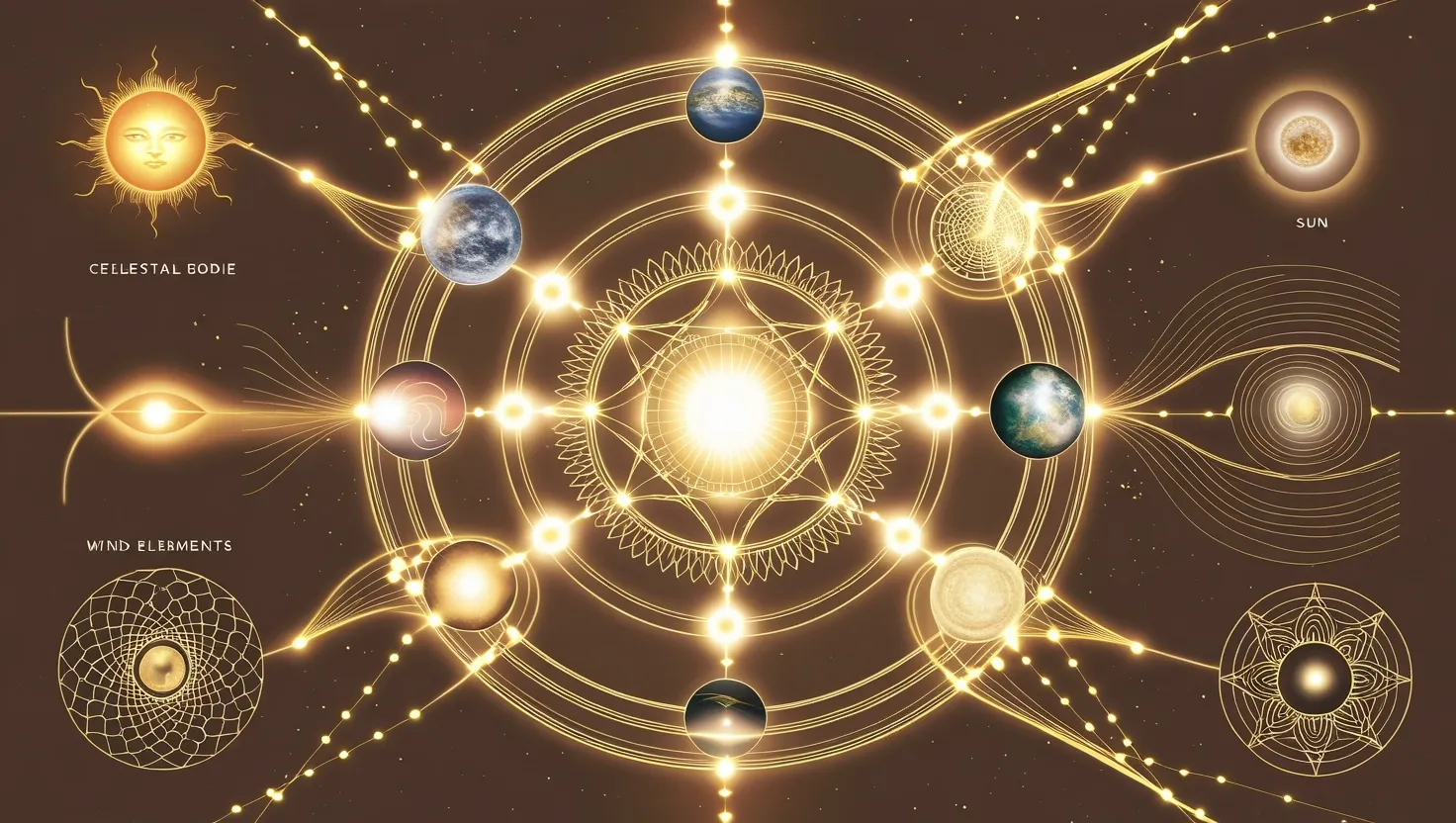Taking a peek into the heart of Hindu rituals, it’s clear they’re way more than just ceremonies. They’ve got some serious depth, serving as a roadmap guiding folks through life’s twists and turns.
Purpose of Rituals
At their core, these rituals aim to help folks nail down their main life goals: Dharma (duty), Artha (wealth), Kama (pleasure), and Moksha (liberation). Each ritual is meticulously crafted to align with these objectives, ensuring a balanced and well-rounded life.
Dharma: Path of Duty
Dharma is all about duty and responsibilities. Rituals tied to Dharma spotlight ethical living and moral behavior. Think of daily puja (worship) at home—it’s more than a spiritual connection, it’s a reminder of obligations towards family, society, and nature. Engaging in these rituals cultivates a sense of responsibility and righteousness.
Artha: Chasing Wealth
Artha focuses on wealth and prosperity. Rituals here aim for financial stability and success. Like during Diwali, the Lakshmi Puja seeks to invite luck and fortune. These rituals are believed to draw positive vibes that boost financial well-being.
Kama: Life’s Joys
Kama is all about enjoying life’s pleasures while sticking to moral values. Rituals for Kama are crafted to spark joy and happiness. Festivals like Holi and Navratri, bursting with music, dance, and color, are perfect examples. They provide moments of pure joy and community connection.
Moksha: Spiritual Liberation
Moksha is the ultimate goal—spiritual liberation. Rituals geared towards Moksha involve deep meditation and self-reflection. Practices like yoga and mantra recitations are pathways to inner peace and enlightenment, guiding individuals towards self-realization and liberation from life’s cyclical traps.
Daily Rituals
Rituals aren’t just for big occasions—they’re threaded through daily life. Simple acts, like lighting a lamp in the morning or saying a quick prayer before meals, ground individuals and connect them to their spiritual roots. These small daily rituals add discipline and mindfulness to everyday routines.
Rituals in Festivals
Hindu festivals, each with unique rituals, celebrate life and the divine. Diwali, for example, is marked by lighting diyas, symbolizing the triumph of light over darkness. Ganesh Chaturthi features the worship of Lord Ganesha, the obstacle remover, through detailed rituals and offerings.
Impact on Society
Hindu rituals often have a social angle, fostering community and harmony. Public rituals bring folks together, strengthening social bonds. Take Makar Sankranti—the kite-flying and sweet-sharing festival promotes unity and joy among neighbors.
In essence, Hindu rituals are much more than old traditions. They’re deeply woven into the fabric of life, guiding individuals towards a balanced, ethical, and fulfilling life. Whether it’s grand ceremonies or day-to-day practices, these rituals provide a spiritual framework that adds richness and depth to life.
